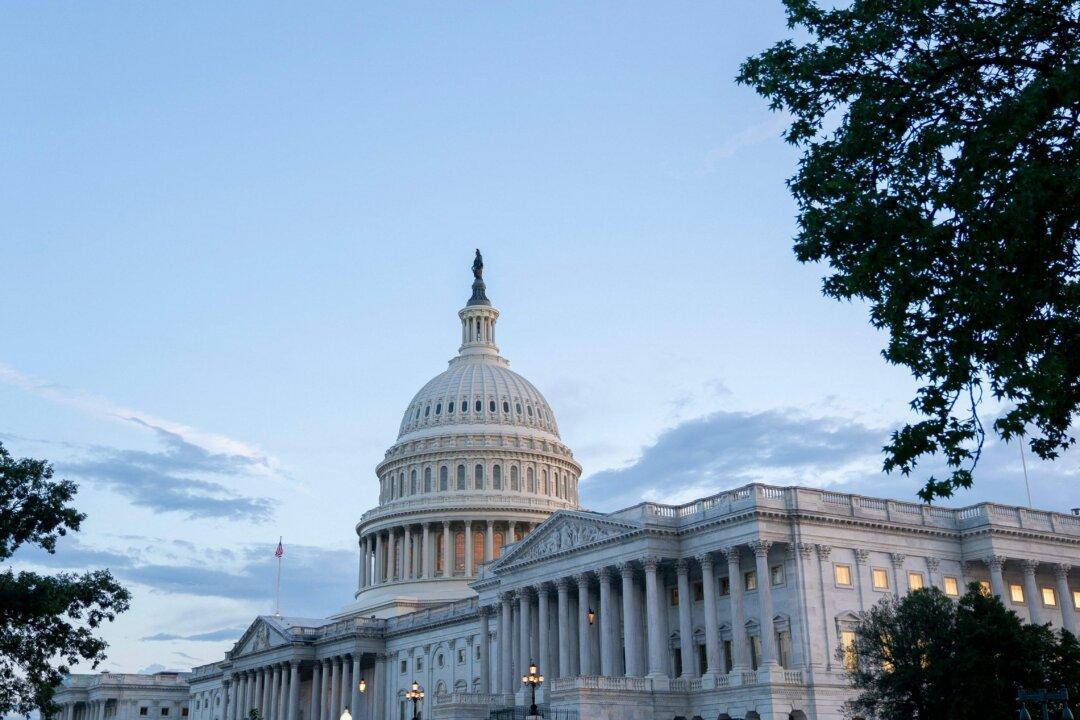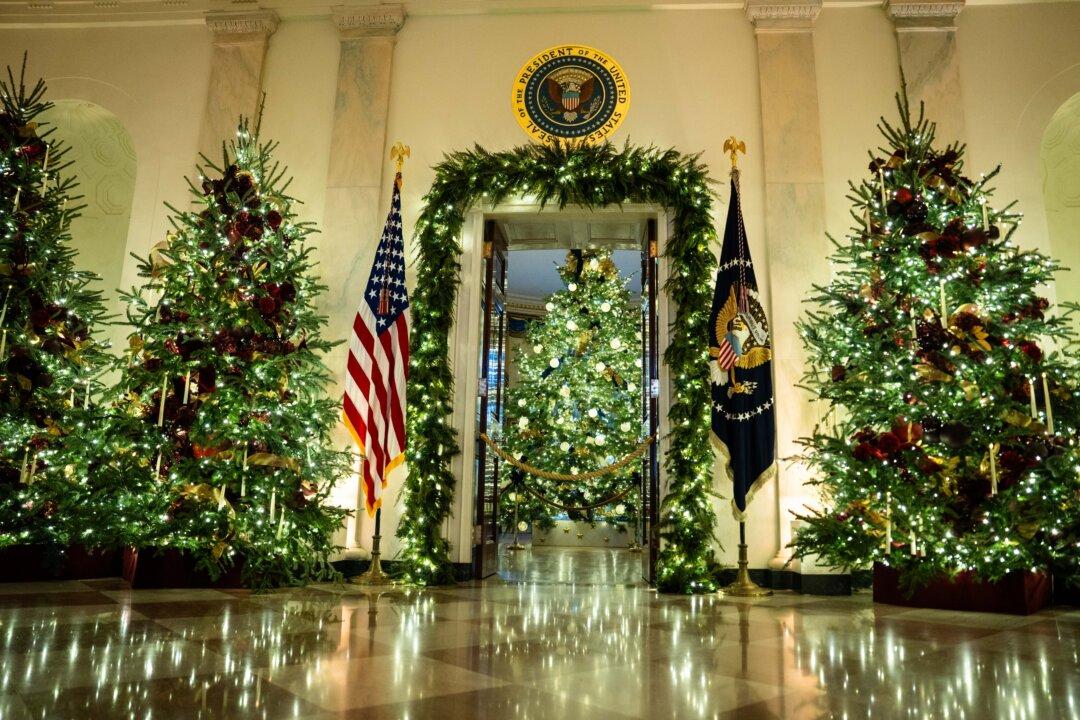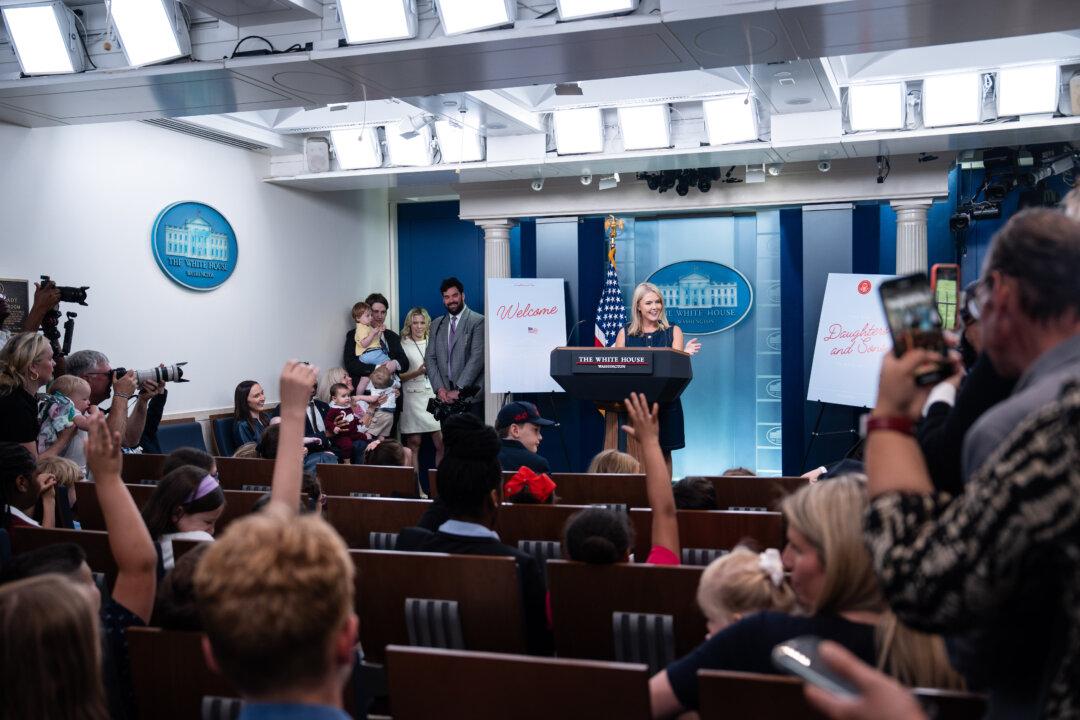WASHINGTON—Judge Amit Mehta, defense counsel, and prosecution attorneys talked on Nov. 10 at the federal courthouse about how to instruct the jurors before deciding the Oath Keepers’ fate.
As the Oath Keepers trial reached the end of the sixth week, defense lawyers told the court of their concern about a possible change in the prosecution’s position on the seditious conspiracy charge. Per the Department of Justice (DOJ) indictment, the Oath Keepers and affiliates’ plot against the U.S. government started shortly after the presidential election in November 2020.





